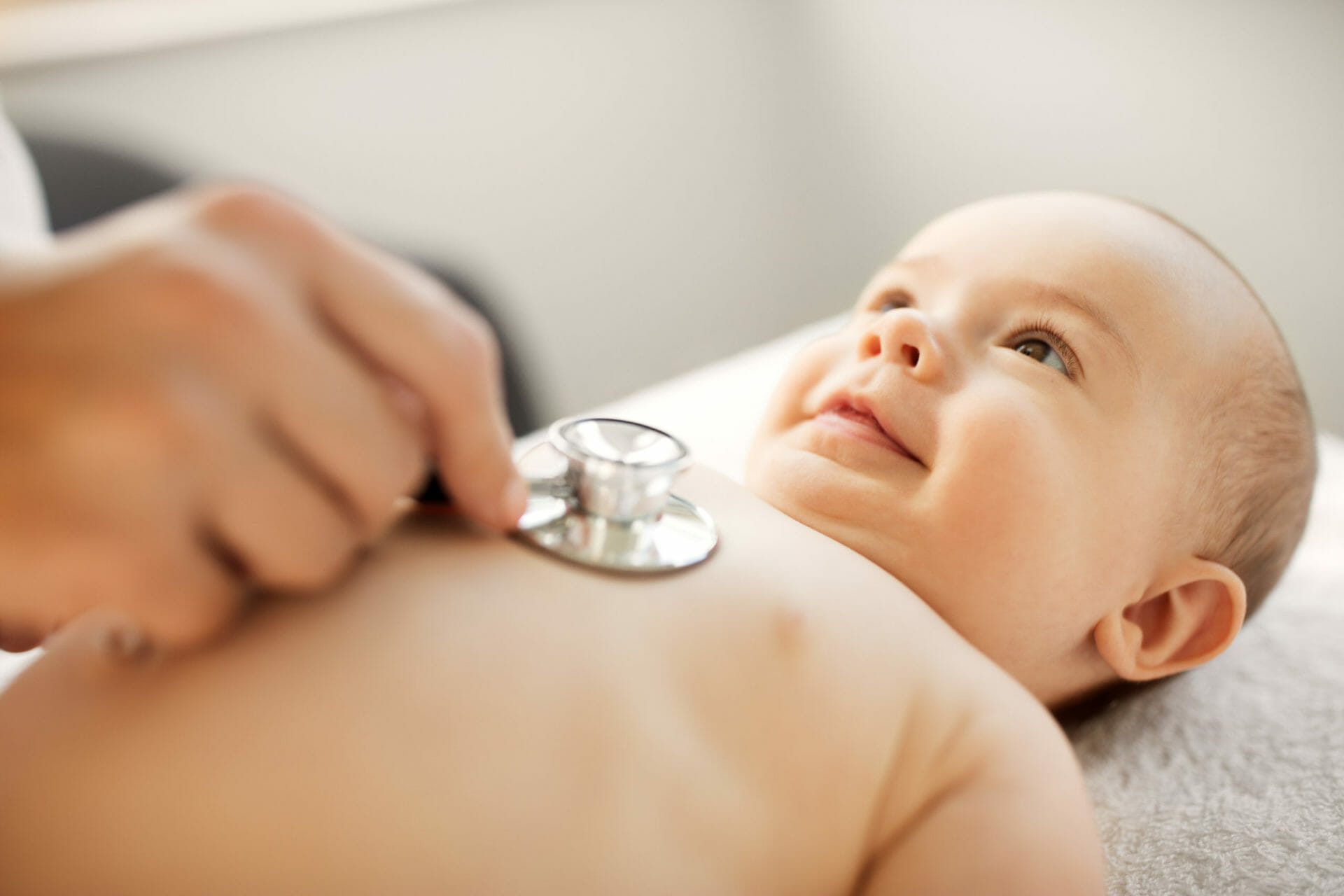The Newborn Check: What Does a Paediatrician Look For?
After the arrival of your baby, one of the first and most important medical assessments is the newborn check. This examination, which should be performed within 72 hours of birth, plays a crucial role in ensuring your baby's health. Childhealthy explains what this check involves and why it’s so important.
The purpose of the newborn check: The newborn check aims to identify congenital conditions that can benefit from early treatment, ensure timely referrals for any necessary tests or treatments, and provide reassurance to new parents about their baby's health.

Conducting the examination: A thorough physical examination is conducted by a qualified healthcare professional, which could be a doctor, midwife, nurse, or health visitor. This check is typically done head to toe, but it’s often adapted to the baby’s state at the time of the exam. For instance, if the baby is calm, the heart might be checked first, or if the baby opens their eyes, the eye examination would take priority.
What is checked: The healthcare professional will assess the following during the newborn check:
- Eyes: Using a special torch to check the appearance and movement, looking for conditions like cataracts.
- Heart: Observing, feeling pulses, and listening with a stethoscope for heart sounds and murmurs.
- Hips: Examining the joints for developmental dysplasia of the hip (DDH).
- Genitalia: Checking the anatomy and appearance in all babies and ensuring testes have descended into the scrotum in baby boys3
Additional aspects: In addition to the physical examination, the healthcare professional will inquire about the baby’s feeding patterns, alertness, and overall wellbeing.
When problems are identified: If potential issues are found, your baby may be referred for further testing. Another physical examination is typically offered between 6 to 8 weeks , as some conditions may take time to become apparent. Visit out newborn check page here.
Sources for Further Reading:
Disclaimer: Information contained in this article is intended as general advice and does not replace a medical assessment. If you are concerned about your child, please contact your doctor for advice.
Related articles
Book your appointment
Clinic, remote appointments and home visits are available daily.
We can always find a time to suit you, so please do ask if you are having difficulty finding a suitable time.




